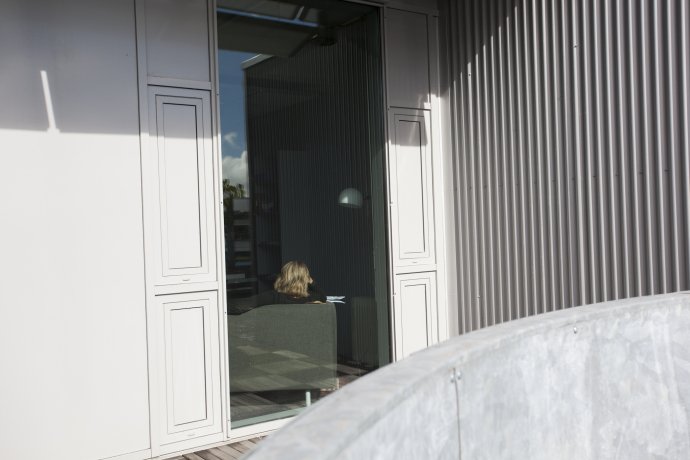On December 19, 2023, the French Parliament passed a law aimed at controlling immigration into the country. While understanding the legislator's concern to ensure the security of people and property on French soil, the Institute's management expresses its concern about the main provisions of this law, which, while undermining equality and fraternity, which are essential components of the motto of the Republic, constitute obstacles to research institutions carrying out their activities.

France has always been a destination of excellence and a host country for many international students and researchers. Its reputation as a hotbed of thought and freedom has attracted thousands of scientists who have found it a place to train, develop their careers and establish long-term academic ties, enabling France to shine on the world stage. The Institut d'études avancées de Nantes is a foundation recognized as being in the public interest.
We are therefore deeply concerned by a number of provisions in this law that limit the attractiveness of French research institutions, hamper the operation of institutions with an international vocation, and undermine the development of high-quality global research. This is particularly true of the provisions imposing :
• Tougher entry and residence conditions for foreigners, which hinder the international mobility of researchers;
• The tightening of conditions for family reunification, which hampers the activities of researchers staying in France for limited periods by depriving them of the presence of their loved ones, who reassure them and provide them with the support they need to carry out their work;
• The imposition of differential treatment for foreign students, which makes France an unattractive destination compared to other countries.
The Institut d'Études Avancées de Nantes strongly condemns this law, and would be happy to see the Conseil Constitutionnel, failing to declare it unconstitutional, retract it so that it can be rewritten in a way that respects the principles and values of the Republic, as well as the long tradition of scientific hospitality represented by France.
The Institute's Collegial management.



